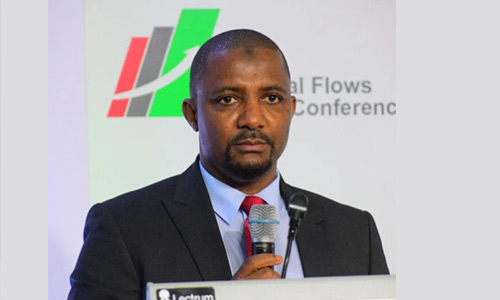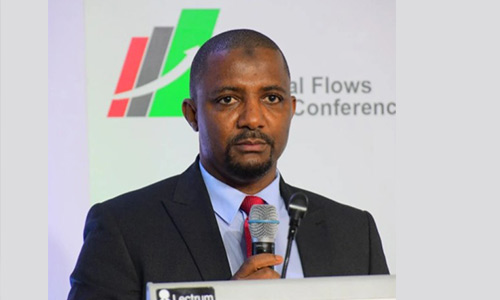
The Chairman of the Code of Conduct Bureau, Abdullahi Bello, has said the agency is close to finalising a new digital asset and liability declaration system aimed at eliminating bureaucratic delays, boosting transparency, and strengthening anti-corruption controls in the public service.
Speaking at a validation workshop for the system on Tuesday in Abuja, Bello said the platform would put an end to the “old story” of paper-based declarations that were seldom analysed or used as tools against illicit enrichment.
He said, “The old story must end. For too long, asset declaration has been seen as a bureaucratic ritual forms hurriedly filled and forgotten, rarely analysed and rarely used as the powerful anti-corruption tool it was meant to be. This ends with the new ALDS.
“Will Nigeria finally have a world-class, corruption-resistant asset declaration system that serves both public servants and the Nigerian people? My answer, and I believe yours, is a resounding YES!
“This system belongs to you. No technology succeeds without the trust and ownership of its users. That is why these two days have been designed around you — the stakeholders. Your voice will shape the final ALDS.”
According to Bello, the technology-driven platform will enable real-time verification of public officers’ assets by linking multiple national databases, including the Corporate Affairs Commission, land registries, and financial institutions.
He noted that the new system would also help the Bureau reduce its dependence on government funding.
To ensure sustainability, he said a graded service fee would be introduced for political office holders and senior public servants, with waivers for junior staff and those unable to pay.
He said, “Today’s focus is on two key areas. The first is sustainability. We want a system where we don’t have to depend on the budget.
“We want an honest fee that is graded, with waivers for low-level public servants. We want to free ourselves from the burden of budget dependency.”
Bello explained that the reform builds on the work of the CCB’s Forensic Accounting Unit, which currently analyses declarations made by former public officers.
The new system, he added, will enhance the Bureau’s ability to automatically detect undeclared companies, properties, and income streams.
“By integrating with available databases, we will be able to discover assets in real time. You won’t need to tell us every property or company you own. The system will show it,” he said.
Describing the initiative as a major step in Nigeria’s fight against corruption, Bello said its launch would be “a game changer” for accountability in public office.
Speaking at the event, the Chairman of the Senate Committee on Ethics, Code of Conduct and Public Petitions, Senator Neda Imasuen, praised the Bureau’s progress and its efforts to modernise operations, particularly through the introduction of a more sustainable funding model.
Imasuen expressed concern over the agency’s longstanding struggle to fund basic administrative processes, such as printing asset declaration forms.
He said, “I have always wondered why CCB wakes up in the morning and looks for funds all over the place to print forms so you and I can fill them out for free.
“It bothers me, and I couldn’t just understand it. It’s time we depart from this. We can pay a nominal amount for the form you’re coming to fill so the Bureau does not keep begging for funds to do what it ought to be doing.”
He assured the Bureau of the National Assembly’s support in securing adequate funding to carry out its mandate.
PUNCH Online reports that the CCB has long relied on a paper-based asset declaration system, which has faced criticism for inefficiency, poor data analysis, and vulnerability to abuse.
The digital system is expected to become fully operational after ongoing validation, review, and harmonisation sessions with stakeholders.














